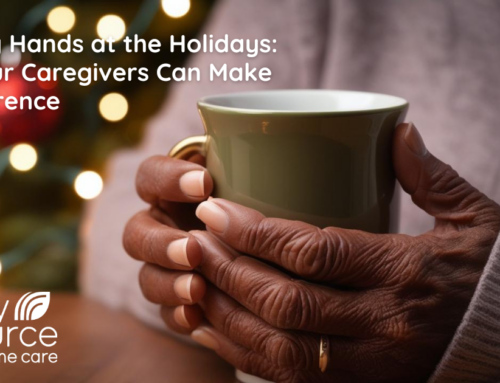“Laughter is the shortest distance between two people.” – Victor Borge
Laughter has long been hailed as the best medicine, and recent research provides further evidence supporting this claim. An analysis of 29 studies from nine countries reveals the potential of humor therapy in alleviating symptoms of depression and anxiety. Does that mean that all I need to do is laugh and my depression/anxiety will go away? Not necessarily, but from these studies looking at a wide variety of ages, with participants ranging from children undergoing surgery to older individuals in nursing homes, and people with various chronic conditions, humor therapy showcased promising results. While some participants considered the effect insignificant, the majority reported a decrease in their symptoms. Let’s look at the link that illuminates the association between the key findings of the study and how laughter can positively impact overall health.
Boosting Mental Well-being:
Depression and anxiety are prevalent mental health disorders affecting millions worldwide. The integration of humor therapy as a complementary alternative therapy offers new hope in managing these conditions. Participants from diverse backgrounds, including those with Parkinson’s disease, cancer, mental illness, and college students, reported positive outcomes. The humor therapy interventions, such as medical clowns and laughter therapy/yoga, were found to be effective in improving symptoms of depression and anxiety. Laughter acts as a powerful stress reliever, triggering the release of endorphins and promoting a sense of well-being. With the help of a non-medical caregiver, seniors can engage in these activities more often to get the most benefit from laughter therapy.
Physical Health Benefits:
Laughter not only benefits mental health but also has a profound impact on physical well-being. When we laugh, our bodies undergo physiological changes that boost our immune system, reduce stress hormones, and increase pain tolerance. Regular laughter has been associated with improved cardiovascular health, reduced blood pressure, and enhanced lung function. By incorporating humor therapy into treatment plans, healthcare professionals can address both the physical and mental aspects of their patient’s well-being, leading to comprehensive healing, especially for the elderly who are at risk for isolation and loneliness effects.
Social Connection and Emotional Bonding:
Humor has the remarkable ability to bring people together and forge strong emotional bonds, combating isolation and loneliness as mentioned previously. Participating in laughter therapy sessions or sharing humorous experiences can create a sense of camaraderie and social connection. Having an in-home caregiver could really help to build a strong bond between individuals and create a relationship that is open enough to share laughter. This social support network plays a crucial role in mitigating symptoms of depression and anxiety. By fostering a positive and light-hearted environment, humor therapy helps individuals feel understood, accepted, and less alone in their struggles. Moreover, laughter can enhance communication and strengthen relationships, leading to greater overall life satisfaction. See our Companionship services to learn more about how an in-home caregiver can help with overall life satisfaction and laughter.
Coping Mechanism and Resilience:
Life is filled with challenges, and developing effective coping mechanisms is essential for maintaining good mental health. Humor therapy offers a unique approach by equipping individuals with a lighthearted perspective and the ability to find humor even in difficult situations. This can be helpful for those family members who have a loved one going through health episodes and feeling overwhelmed. Through laughter, individuals can cultivate resilience and adopt a more positive outlook on life. Humor provides a much-needed break from distressing thoughts and emotions, allowing individuals to regain their strength and face adversity with renewed vigor.
Future Implications of Humor Therapy:
The findings of this comprehensive study highlight the potential of humor therapy as a feasible complementary alternative therapy. The positive impact on participants from various demographic groups indicates the versatility and broad applicability of laughter as a healing tool. As the evidence supporting humor therapy continues to grow, healthcare professionals, clinicians, and nurses may consider integrating humor interventions into their treatment plans. Moreover, policymakers and researchers should invest in further high-quality studies to validate and expand upon these promising findings.
Laughter has emerged as a powerful and accessible tool for improving overall health and well-being. The comprehensive analysis of humor therapy studies reveals its potential in alleviating symptoms of depression and anxiety. By harnessing the healing power of laughter, individuals can experience improvements in mental health, physical well-being, social connection, and coping abilities. As we continue to explore the therapeutic benefits of humor, humor therapy may become a staple in healthcare practices, providing a favorable alternative for clinicians, nurses, and patients alike. So, let’s embrace the joy of laughter and unlock its incredible potential to transform our lives.
Sources:
Laughter as Medicine: Humor Therapy Reduces Depression and Anxiety Symptoms






